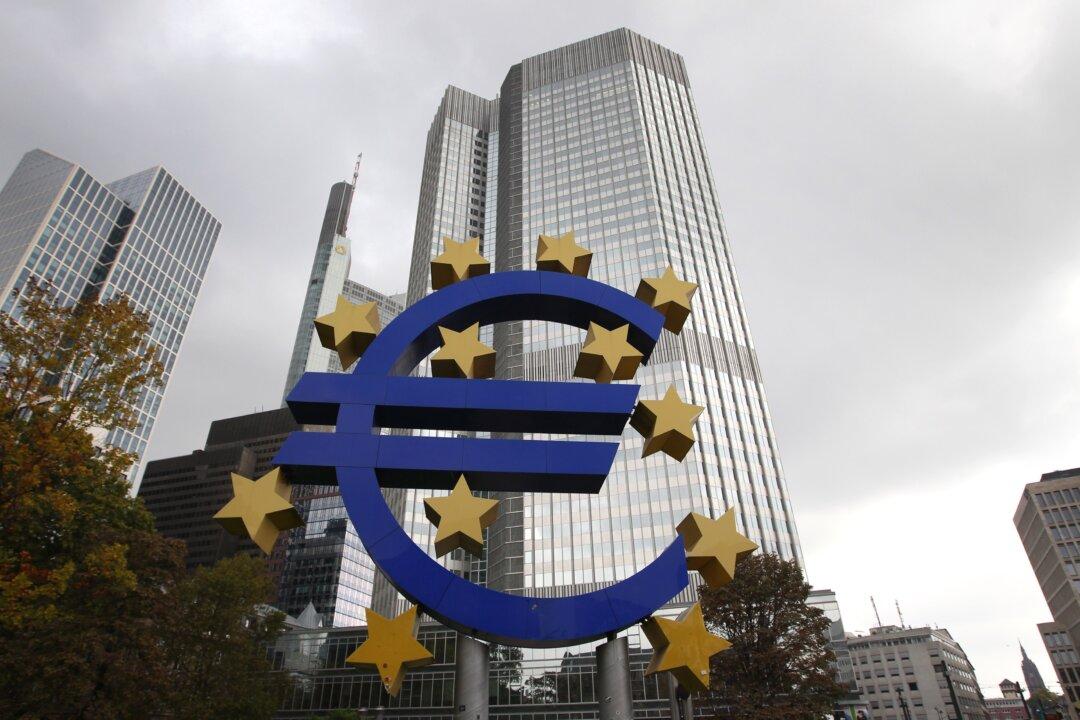LONDON—The 19-country eurozone economy is poised for a year of “robust expansion” following its best quarterly performance in 4-1/2 years, a closely watched survey indicated Wednesday, Jan. 6.
Financial information company Markit said its purchasing managers’ index—a broad gauge of activity across the manufacturing and services sectors—rose to a four-month high of 54.3 points in December from 54.2 the previous month. That, according to Markit, monthly growth rounded off the best quarterly performance since the middle of 2011.
“The eurozone economy starts 2016 on a solid footing and well-placed to enjoy a year of robust expansion,” Markit’s chief economist Chris Williamson said.
Despite the survey’s rosy signals, Williamson said the eurozone economy is still not running on all cylinders. Overall growth in 2015 is only expected to be around 1.5 percent and France, Europe’s second-largest economy, continues to lag. In December, France barely grew at all—its PMI was 50.1, just ahead of the 50 threshold that marks expansion and contraction.





